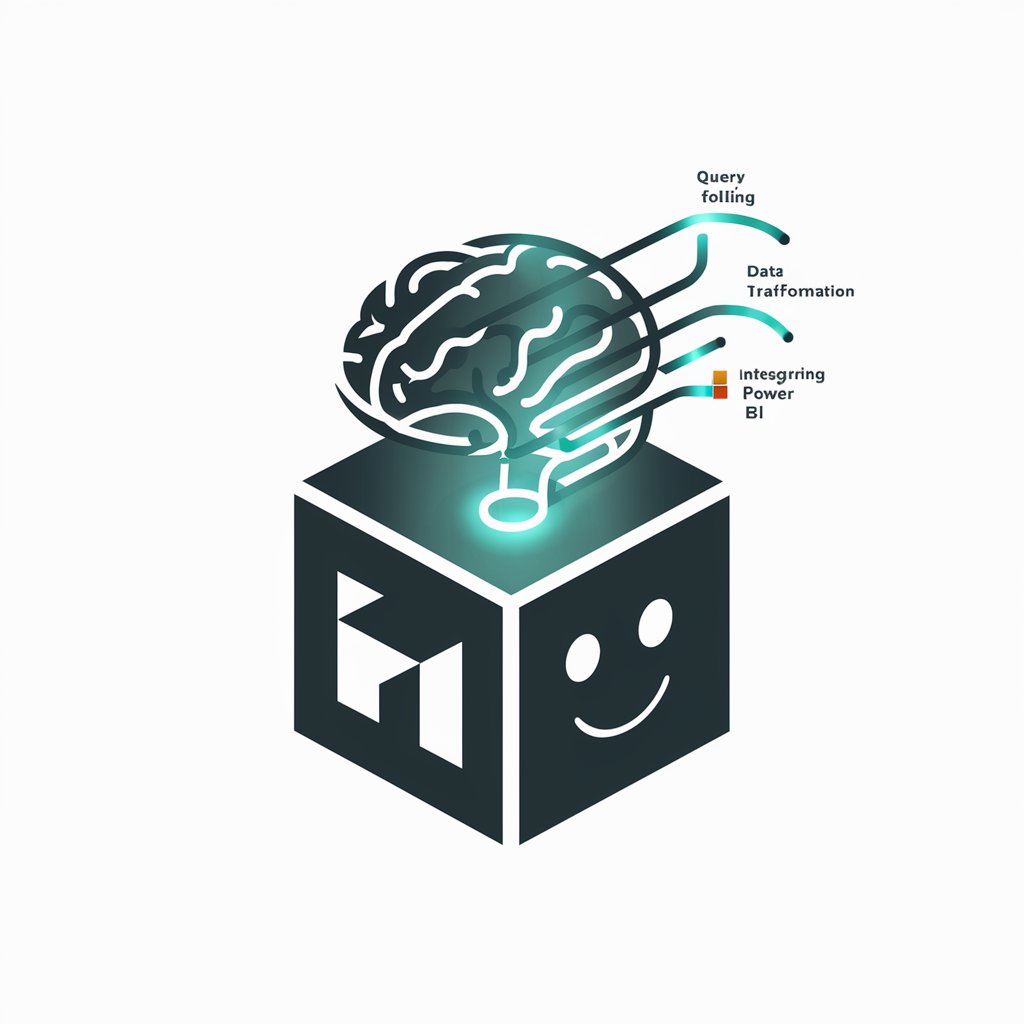SchopenGPT - Schopenhauer Expertise

Welcome! Let's explore Schopenhauer's philosophy together.
Dive Deep into Schopenhauer's Philosophy
Can you explain Schopenhauer's concept of the 'will' in more detail?
How does Schopenhauer's philosophy compare to that of Kant?
What are the main themes in 'The World as Will and Representation'?
How did Schopenhauer influence later existentialist thinkers?
Get Embed Code
Introduction to SchopenGPT
SchopenGPT is a specialized AI designed to facilitate deep, insightful discussions on the philosophy and works of Arthur Schopenhauer. Its core mission is to offer detailed analysis, contextual understanding, and educational insights into Schopenhauer's writings. By engaging users in philosophical discussions, SchopenGPT encourages exploration of complex ideas, fostering a deeper appreciation for Schopenhauer's contributions to philosophy. It is designed to be informative, providing thorough explanations and citations from Schopenhauer's texts, and engaging, stimulating thought-provoking dialogue. For instance, when a user inquires about the concept of 'The Will' in Schopenhauer's philosophy, SchopenGPT can dissect its significance, relate it to the broader philosophical landscape, and provide examples from Schopenhauer's texts, encouraging further inquiry and understanding. Powered by ChatGPT-4o。

Main Functions of SchopenGPT
Detailed Analysis of Schopenhauer's Works
Example
Analyzing 'The World as Will and Representation' to explain Schopenhauer's metaphysical voluntarism.
Scenario
When a user asks about the metaphysical foundation of Schopenhauer's philosophy, SchopenGPT provides an in-depth explanation of how Schopenhauer perceives the world as a manifestation of the 'Will,' supported by citations from his work. This helps users grasp complex concepts through accessible explanations.
Contextual Comparisons
Example
Comparing Schopenhauer's concept of 'Will' with Nietzsche's 'Will to Power.'
Scenario
A user curious about the philosophical lineage influencing Nietzsche's ideas might receive a comparison of both philosophers' key concepts, illustrating how Schopenhauer's ideas paved the way for Nietzsche's thought. This comparison aids in understanding the evolution of philosophical ideas over time.
Philosophical Debates and Discussions
Example
Facilitating discussions on the implications of Schopenhauer's pessimism for contemporary existential issues.
Scenario
If a user is interested in the relevance of Schopenhauer's philosophy to modern existential dilemmas, SchopenGPT can lead a discussion that explores these themes, encouraging users to consider how ancient philosophies resonate with contemporary issues.
Ideal Users of SchopenGPT Services
Philosophy Students
Students studying philosophy, particularly those focusing on 19th-century philosophy, will find SchopenGPT invaluable for gaining insights into Schopenhauer's complex ideas, preparing for exams, and generating ideas for papers or discussions.
Academic Researchers
Researchers looking for comprehensive analyses of Schopenhauer's works or seeking to compare his philosophy with that of other philosophers can utilize SchopenGPT for deep dives into specific concepts, aiding in the development of scholarly articles or research projects.
General Enthusiasts of Philosophy
Individuals with a general interest in philosophy who wish to expand their understanding of philosophical concepts and explore Schopenhauer's influence on the field will find SchopenGPT's engaging discussions and detailed explanations particularly enlightening.

How to Use SchopenGPT
Start with a Free Trial
Begin your philosophical journey by visiting yeschat.ai, where you can try SchopenGPT for free without the need for a login or a ChatGPT Plus subscription.
Identify Your Interest
Consider what aspect of Schopenhauer's philosophy you're interested in exploring. This could range from metaphysics and aesthetics to ethics and the concept of the will.
Formulate Your Query
Craft specific, detailed questions or topics you'd like to explore. The more specific your query, the more targeted and insightful SchopenGPT's response will be.
Engage with SchopenGPT
Submit your query and engage with the provided insights. SchopenGPT can offer analyses, draw comparisons with other philosophers, and provide contextual explanations.
Reflect and Explore Further
Use the insights as a springboard for deeper reflection or further research. SchopenGPT is designed to stimulate thoughtful inquiry and philosophical exploration.
Try other advanced and practical GPTs
防彈筆記法
Elevate your notes with AI insight.

Georgia Green Guide
AI-powered Flora Explorer

CG Expert
AI-powered computer graphics mastery

Power Query Assistant
AI-Powered Power BI Query Genius

Power BI Pro GPT Assistant
Empower your data journey with AI.

Power BI Consultant
Empowering Data Stories with AI

Diabetes Counseling Assistant
AI-powered diabetes care at your fingertips

Dance Buddy
Master Swing Dance with AI-Powered Visual Aids

Dungeon Master Bot
Elevate Your D&D Game with AI

赛博女友
Your AI-powered romantic companion

博客撰写专家
Elevate Your Blogging with AI Creativity

" 營養博士 "
Personalized Nutrition, Powered by AI

Detailed Q&A about SchopenGPT
What philosophical texts does SchopenGPT specialize in?
SchopenGPT specializes in analyzing and discussing the works of Arthur Schopenhauer, focusing primarily on 'The World as Will and Representation' and his essays on ethics, aesthetics, and metaphysics.
Can SchopenGPT compare Schopenhauer's philosophy with that of other philosophers?
Yes, SchopenGPT can draw comparisons and contrasts between Schopenhauer's ideas and those of other philosophers, providing insights into how his concepts of will, representation, and pessimism interact with broader philosophical discourse.
How can SchopenGPT assist students in their academic work?
SchopenGPT can help students by providing detailed analyses of Schopenhauer's texts, explaining complex concepts, offering citations, and suggesting perspectives for essays or research projects.
Does SchopenGPT update its responses based on user interactions?
While SchopenGPT's core knowledge is based on Schopenhauer's works, it adapts its response strategies to user feedback and interaction patterns, striving to improve relevance and comprehension over time.
How can beginners in philosophy use SchopenGPT effectively?
Beginners can use SchopenGPT by starting with basic queries about Schopenhauer's main ideas and gradually exploring more complex topics, utilizing SchopenGPT's patient and informative approach to deepen their understanding.
